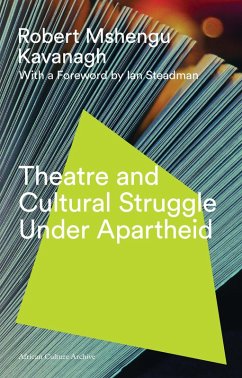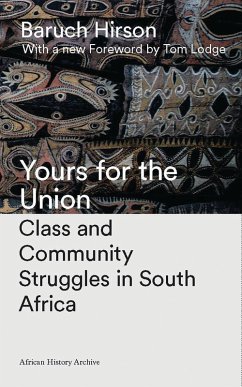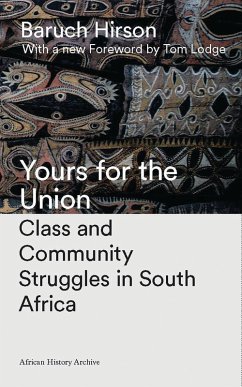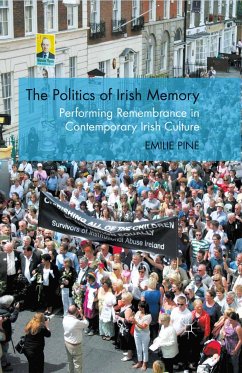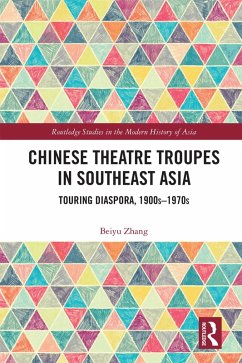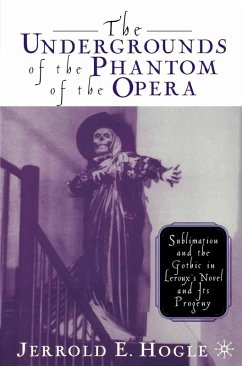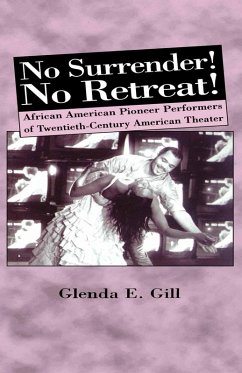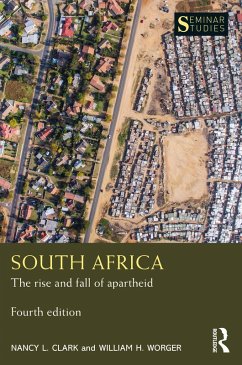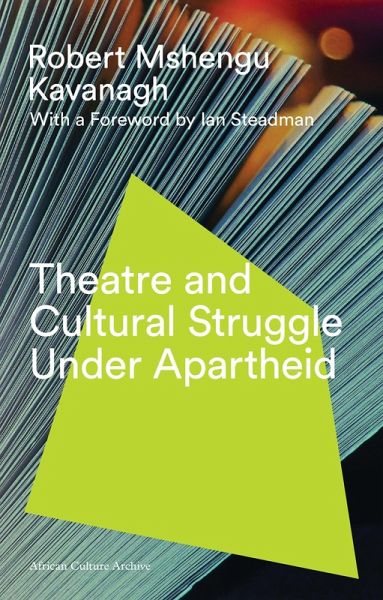
Theatre and Cultural Struggle under Apartheid (eBook, PDF)
Versandkostenfrei!
Sofort per Download lieferbar
19,95 €
inkl. MwSt.
Weitere Ausgaben:

PAYBACK Punkte
10 °P sammeln!
In this book, South African performer and activist Robert Mshengu Kavanagh reveals the complex and conflicting interplay of class, nation and race in South African theatre under Apartheid. Evoking an era when theatre itself became a political battleground, Kavanagh displays how the struggle against Apartheid was played out on the stage as well as on the streets. Kavanagh's account spans three very different areas of South African theatre, with the author considering the merits and limitations of the multi-racial theatre projects created by white liberals; the popular commercial musicals staged...
In this book, South African performer and activist Robert Mshengu Kavanagh reveals the complex and conflicting interplay of class, nation and race in South African theatre under Apartheid. Evoking an era when theatre itself became a political battleground, Kavanagh displays how the struggle against Apartheid was played out on the stage as well as on the streets. Kavanagh's account spans three very different areas of South African theatre, with the author considering the merits and limitations of the multi-racial theatre projects created by white liberals; the popular commercial musicals staged for black audiences by emergent black entrepreneurs; and the efforts of the Black Consciousness Movement to forge a distinctly African form of revolutionary theatre in the 1970s. The result is a highly readable, pioneering study of the theatre at a time of unprecedented upheaval, diversity and innovation, with Kavanagh's cogent analysis demonstrating the subtle ways in which culture and the arts can become an effective means of challenging oppression.




